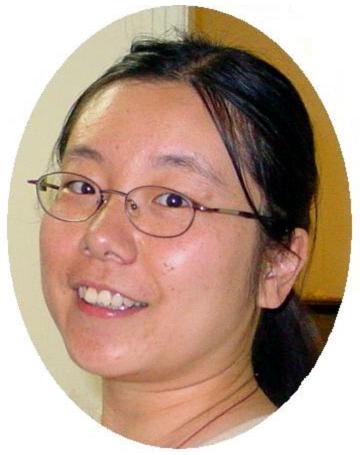
Basic Principle of Universal Logics
Yanquan Zhou
Beijing University of Post and Telecommunications - Beijing - China
In this lecture, we will introduce the research compendium of universal logics and the basic principles and methods of standard propositional universal logics, which extends the research foundation of mathematical logic, and provide an uniform research platform for various non-standard logics.
1. The Research Compendium of Universal Logics
In the medium and late 20th century, many new requirements to mathematical logic had accelerated the flourishing growth of non-standard logics. Essentially, various arising and growing non-standard logics are trying to discuss the approaches and methods of dialectic logics’ mathematization from different sides and levels. A primary research task of universal logics is to study the principles and approaches of flexible mathematical logics from a uniform view.
Any logic system should consist of 4 respectively associated and independent components (domains, connectives, quantifiers and patterns of reasoning); each part has its own varying rules which generate the syntax rules of logics. The particular logic will be generated as interpreting these syntax rules with particular semantic. That is to say, a logic generator can be constructed, with which a variety of idiographic logics can be generated, just like various different types of organism can be constructed with different DNA molecules in nature. All of the logic factors of rigid logic are fixed, the flexibility of mathematical logic means that flexible parameters and corresponding modification mechanism can be added into these logic elements. These framework flexible parameters and corresponding modification mechanism can be found and refined in the various Non-standard logics.
2. Influence of Relational Flexibility on Fuzzy Logic Operation Models
2.1 Local Judgment in Feature Space
2.2 Influence of Generalized Correlativity on Fuzzy Logic Operation Models
2.3 Influence of Generalized Self-correlativity on Fuzzy Logic Operation Models
3. Various Generation Rules of Universal Logics Operation Models
3.1 Rules of Generation Bases
3.2 Rules of Generation Generators
3.3 Extended-ordered Rules
3.4 Transformation Rules of Base Space
4. N-, T- and S-Generator Integrity Clusters
4.1 0-level T-Generator Integrity Cluster
4.2 N-Generator Integrity Cluster
4.3 1-level T-Generator Integrity Cluster
5 Various Operation Models of Universal Propositional Connective and their Properties
5.1 Universal NOT Propositional Connectives
5.2 Universal AND Propositional Connectives
5.3 Universal OR Propositional Connectives
5.4 Universal IMPLICATION Propositional Connectives
5.5 Universal EQUIVALENCE Propositional Connectives
5.6 Universal AVERAGE Propositional Connectives
5.7 Universal COMBINATION Propositional Connectives
6 Threshold of Quantifier and its Properties
7 Standard Universal Propositional Logics System and its Application
7.1 Formulas of Universal NOT Propositional Connective
7.2 Identically True IMPLICATION Formulas (Except h=0 and k=1)
7.3 Identically True EQUIVALENCE Formulas (Except h=0 and k=1)
7.4 Deductive Reasoning Rules of Propositional Universal Logics
7.5 Application and Implementation